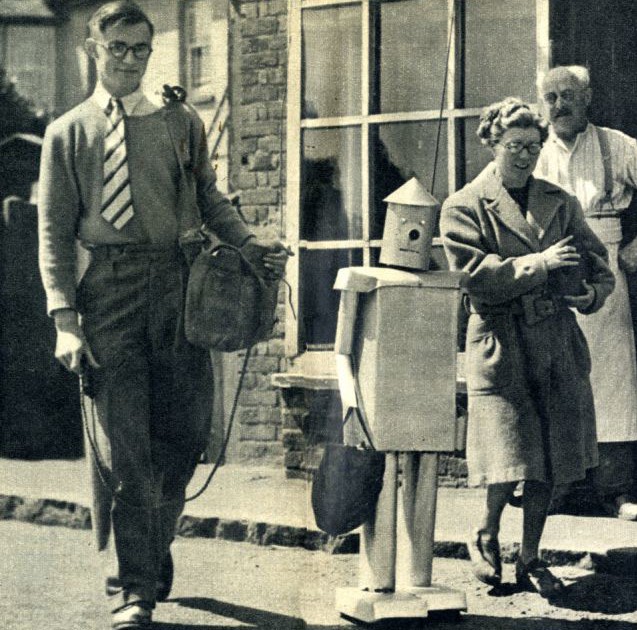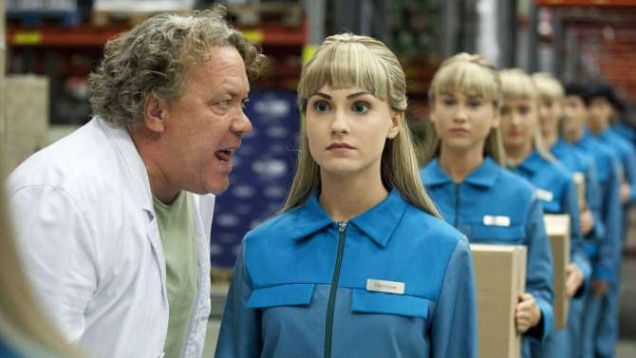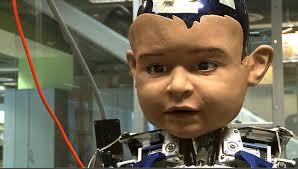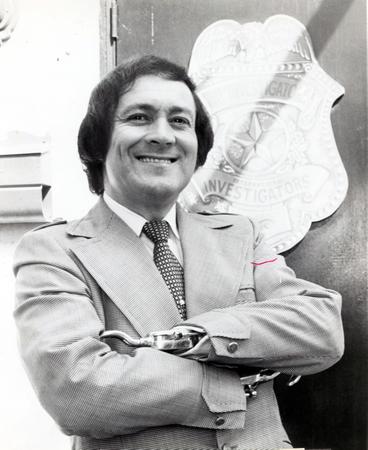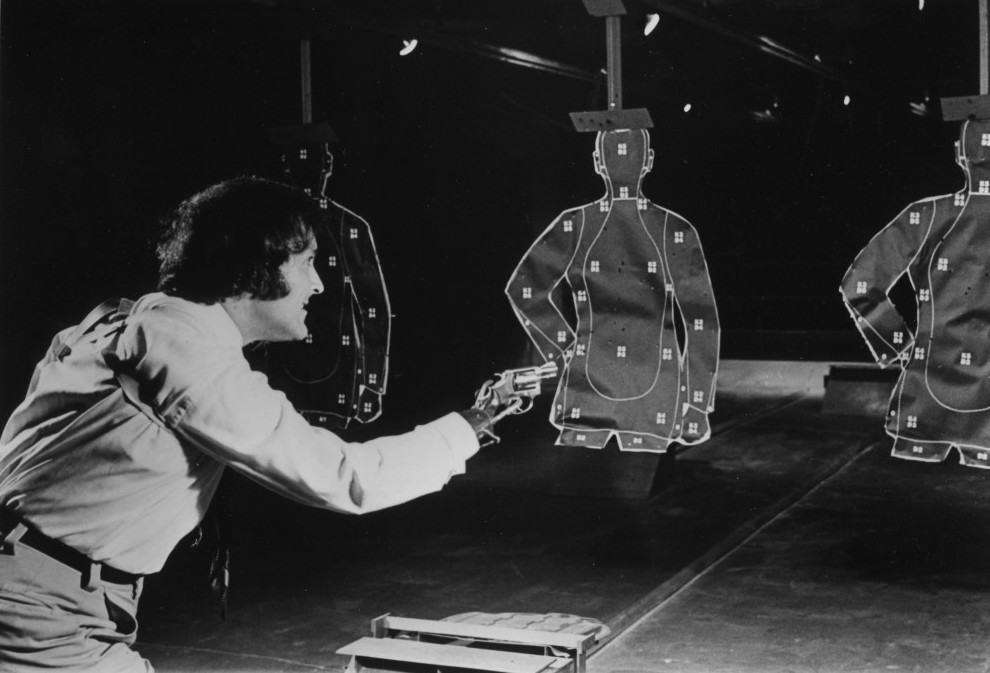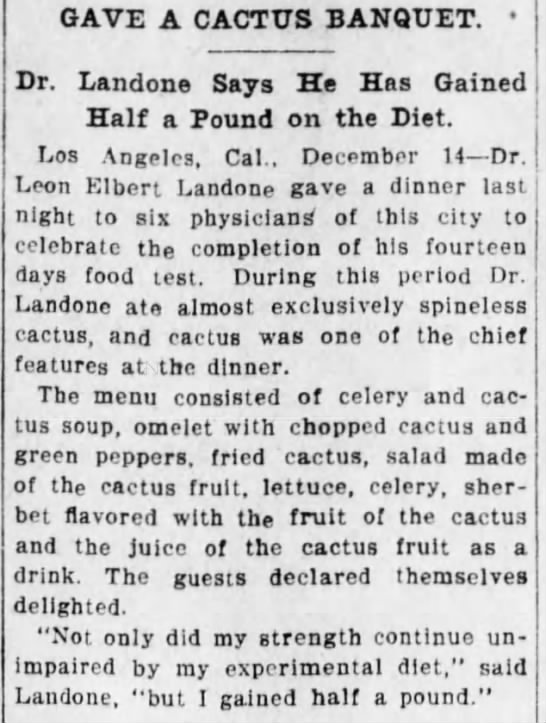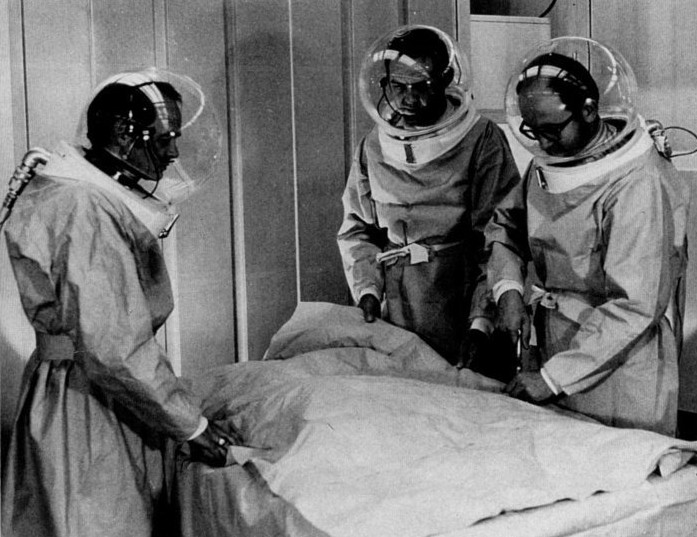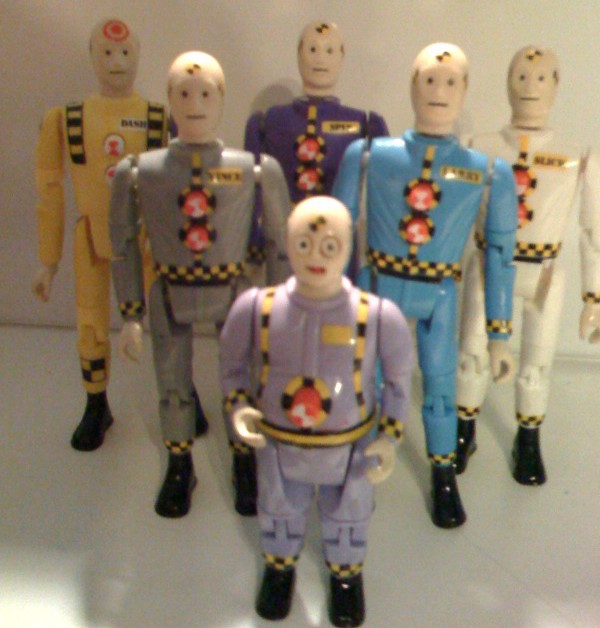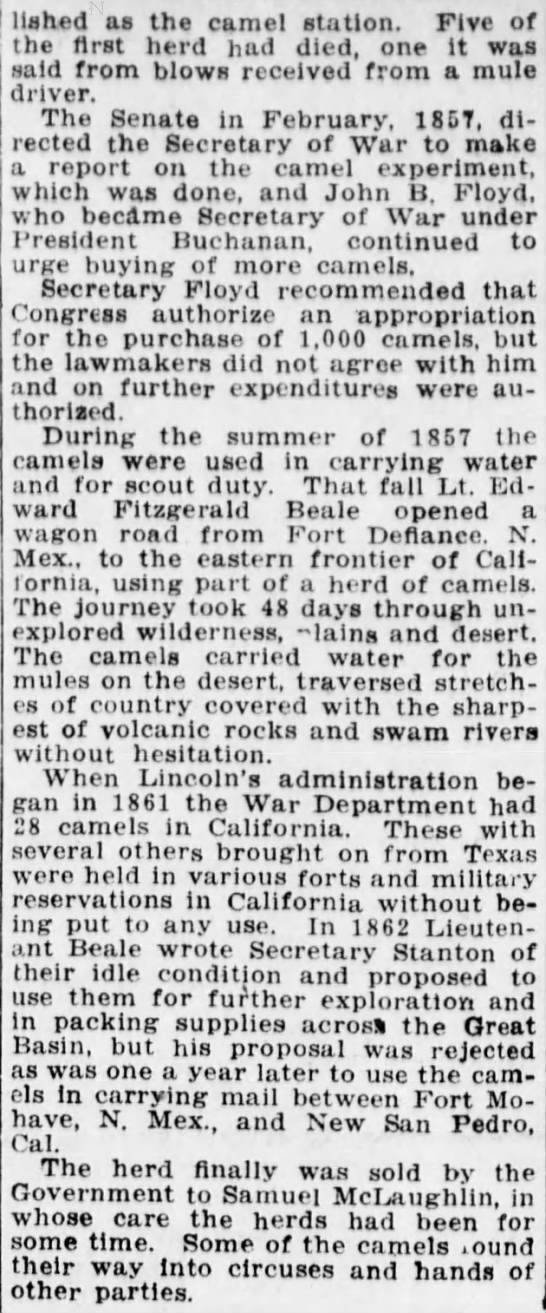In a Foreign Affairs essay, Martin Wolf has a retort for techno-optimists, contending that wearables are merely the emperor’s new clothes. One of his arguments I’m curious about concerns the statistical evidence that output per worker has recently decreased. How, exactly, does automation fit into that equation? Technology would seem to only improve productivity among workers if it’s complementing, not replacing, them. I do think Wolf makes a great case that “unmeasured value” has been a big part of life long before the Internet. The phonograph, after all, couldn’t be any more fully measured than the iPod. An excerpt:
…the pace of economic and social transformation has slowed in recent decades, not accelerated. This is most clearly shown in the rate of growth of output per worker. The economist Robert Gordon, doyen of the skeptics, has noted that the average growth of U.S. output per worker was 2.3 percent a year between 1891 and 1972. Thereafter, it only matched that rate briefly, between 1996 and 2004. It was just 1.4 percent a year between 1972 and 1996 and 1.3 percent between 2004 and 2012.
On the basis of these data, the age of rapid productivity growth in the world’s frontier economy is firmly in the past, with only a brief upward blip when the Internet, e-mail, and e-commerce made their initial impact.
Those whom Gordon calls “techno-optimists”—Erik Brynjolfsson and Andrew McAfee of the Massachusetts Institute of Technology, for example—respond that the GDP statistics omit the enormous unmeasured value provided by the free entertainment and information available on the Internet. They emphasize the plethora of cheap or free services (Skype, Wikipedia), the scale of do-it-yourself entertainment (Facebook), and the failure to account fully for all the new products and services. Techno-optimists point out that before June 2007, an iPhone was out of reach for even the richest man on earth. Its price was infinite. The fall from an infinite to a definite price is not reflected in the price indexes. Moreover, say the techno-optimists, the “consumer surplus” in digital products and services—the difference between the price and the value to consumers—is huge. Finally, they argue, measures of GDP underestimate investment in intangible assets.
These points are correct. But they are nothing new: all of this has repeatedly been true since the nineteenth century. Indeed, past innovations generated vastly greater unmeasured value than the relatively trivial innovations of today. Just consider the shift from a world without telephones to one with them, or from a world of oil lamps to one with electric light. Next to that, who cares about Facebook or the iPad? Indeed, who really cares about the Internet when one considers clean water and flushing toilets?•





